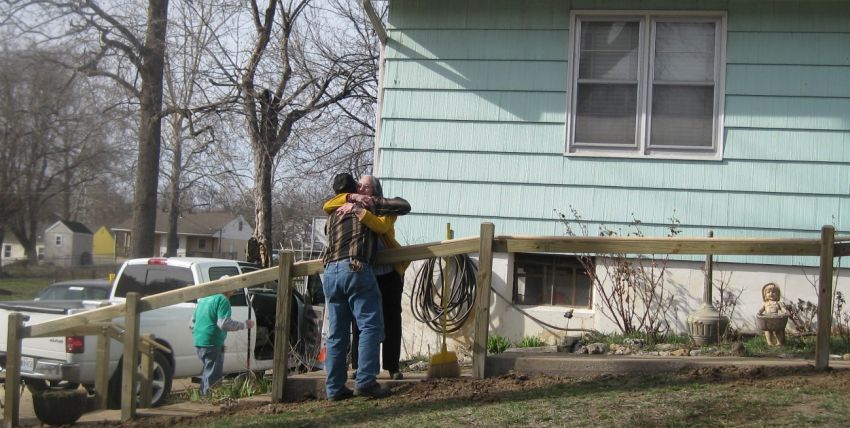
At the time of our creation, we are entirely dependent on a single human being for the fulfillment of our every need. When we enter the world as a newborn our support system grows, but we are still unable to provide for ourselves. When we finally experience a small moment of independence as a small child in the form of walking, self-entertainment, or even something as small as carrying our own glass of milk to the dinner table it is a moment of triumph, and the beginning to something we will take pride in for the rest of our lives.
Independence is at the core of our identity, culture, and
pride. Great milestones in life are centered on independence. For example,
being able to drive a car, becoming a legal adult, getting a job, or buying a
house. The more independence we have, and the longer we have it, the more
important it becomes to the quality of our life and our comfort. Can you
imagine, at the point you are now, being stripped of everything you’ve worked
hard for and moving in with strangers and be treated as a child? If you can’t,
you’re not alone. Our seniors who have spent many more decades being
independent and prideful than we have, can’t imagine it either.
When we assume what is best for someone else we do them the
disrespect of chipping away at their identity. Many seniors are still capable
of living independently and need help with some small day to day tasks and errands.
If your best friend called one day from the hospital to say they had been paralyzed
and could no longer drive to the grocery store to pick up groceries, what would
you do? Would you say they are no longer capable of living on their own and
should be put in a home or would you offer to take them to the store every so
often so they could continue living in their home with the highest quality of
life and comfort possible? What if they couldn’t get up the steps to their
front door because now they are in a wheelchair? Would you tell them to move,
or help them build a ramp to be able to stay in their home?
Most people would balk at the idea of not helping their
friend. We tend to feel respect and admiration for those who are disabled but
make every effort to live independently and “normally”. Why is it that we do
not feel the same sense of respect and admiration for aging seniors making the
same effort? Most seniors already feel a sense of embarrassment when they need
help. It challenges their decade’s long identity of independence,
self-sufficiency, and capability. This identity crisis is compounded with how
they are viewed and treated differently once close family members, friends, and
neighbors realize they are need of some assistance.
The challenges of aging are overwhelming for everyone involved, not just the person aging. In order to relieve some unnecessary stress from the situation it is important for people to learn about how to support their loved one aging in place not only for their loved one's benefit, but for their own. The biggest motivator for moving a loved one out of their home isn't because they need help, it's because they need help we feel we can't provide. There are dozens of simple, cost-effective, and meaningful options that will allow us to provide the support our loved one needs while staying in their own home.
If you would like to know more about those solutions, check out this resource from the Aging in Place website: https://www.aginginplace.org/

No comments:
Post a Comment